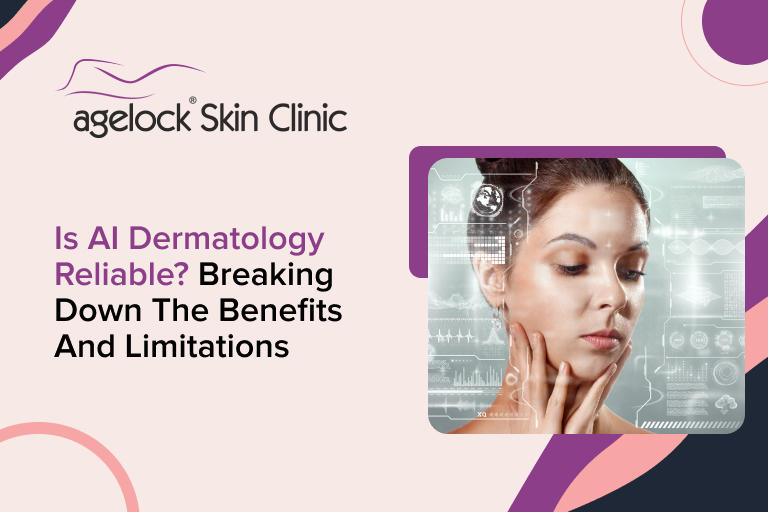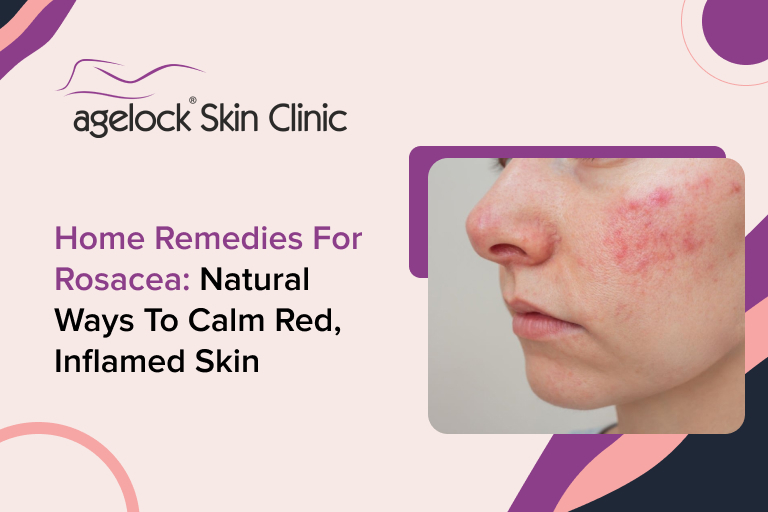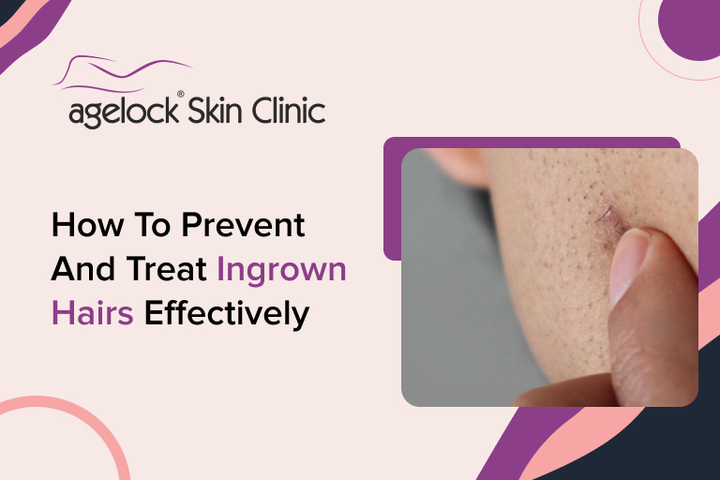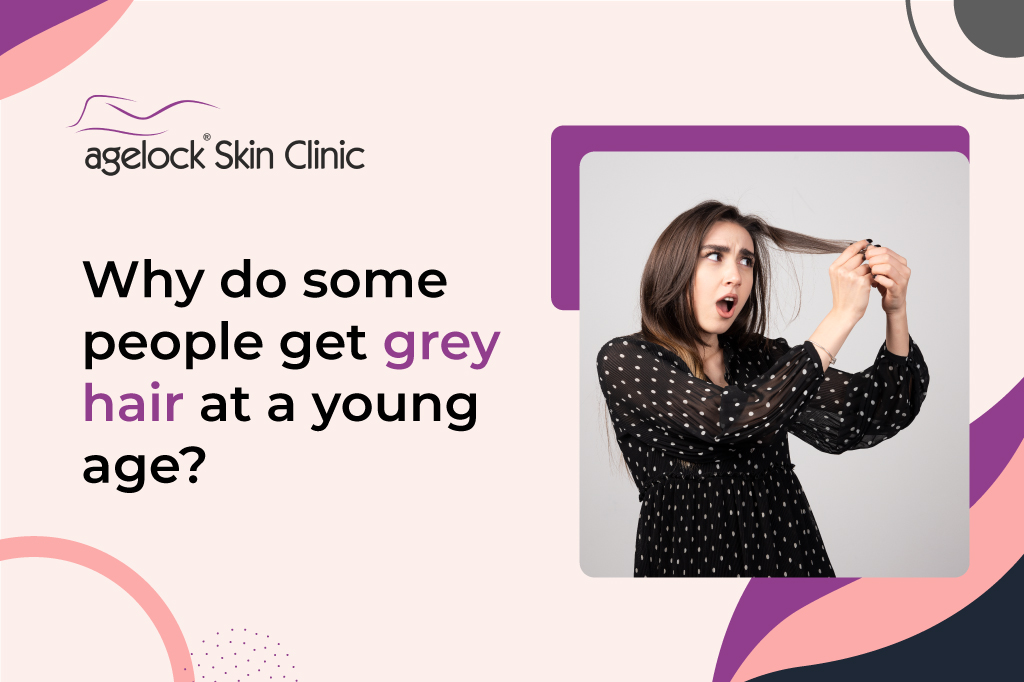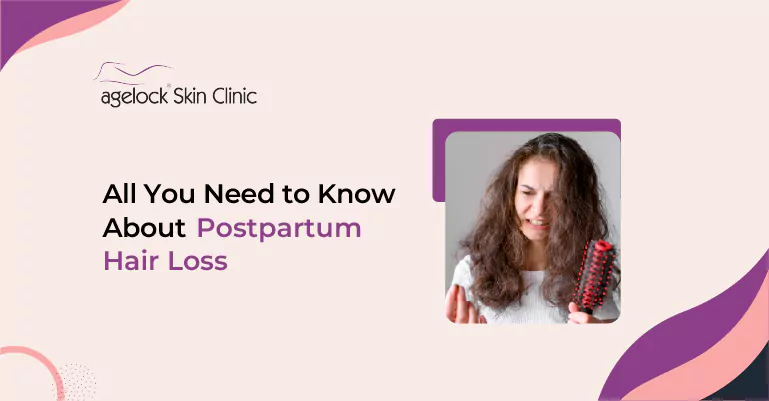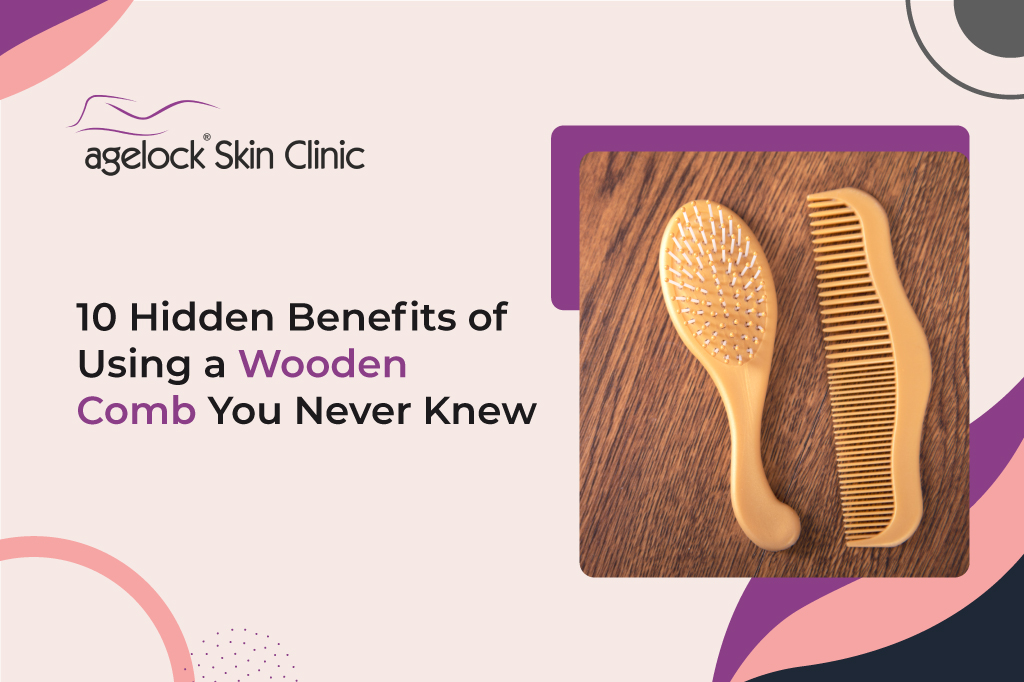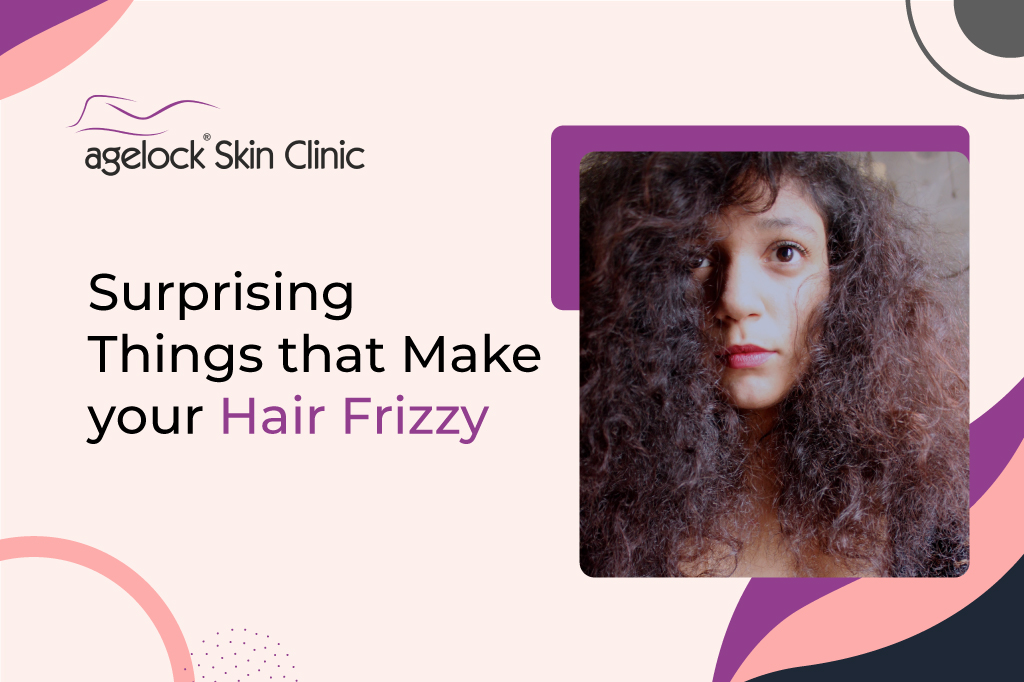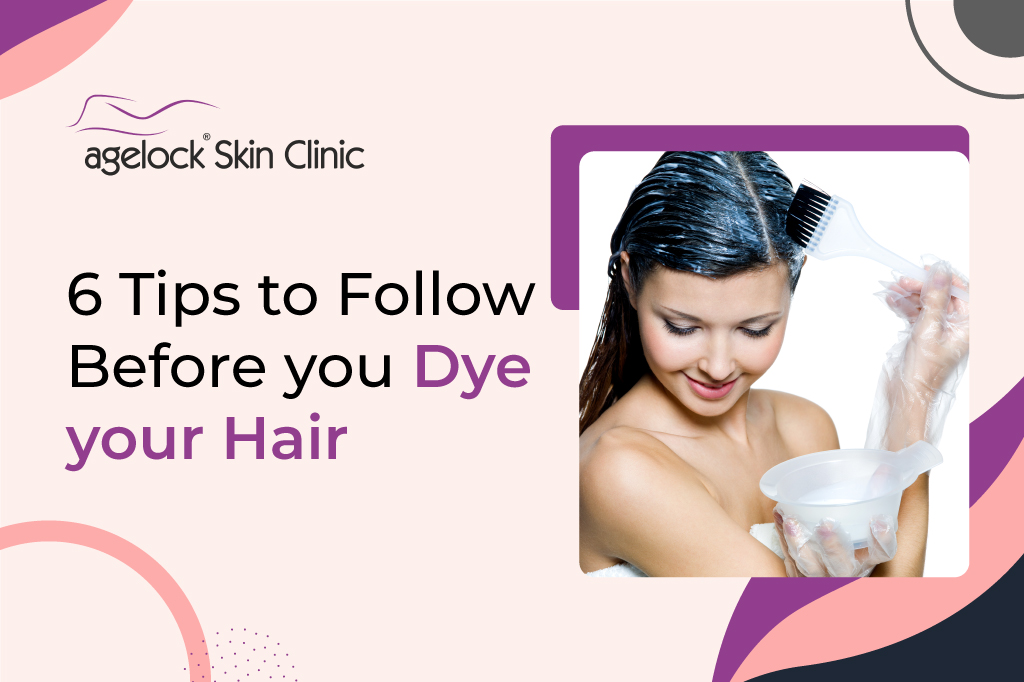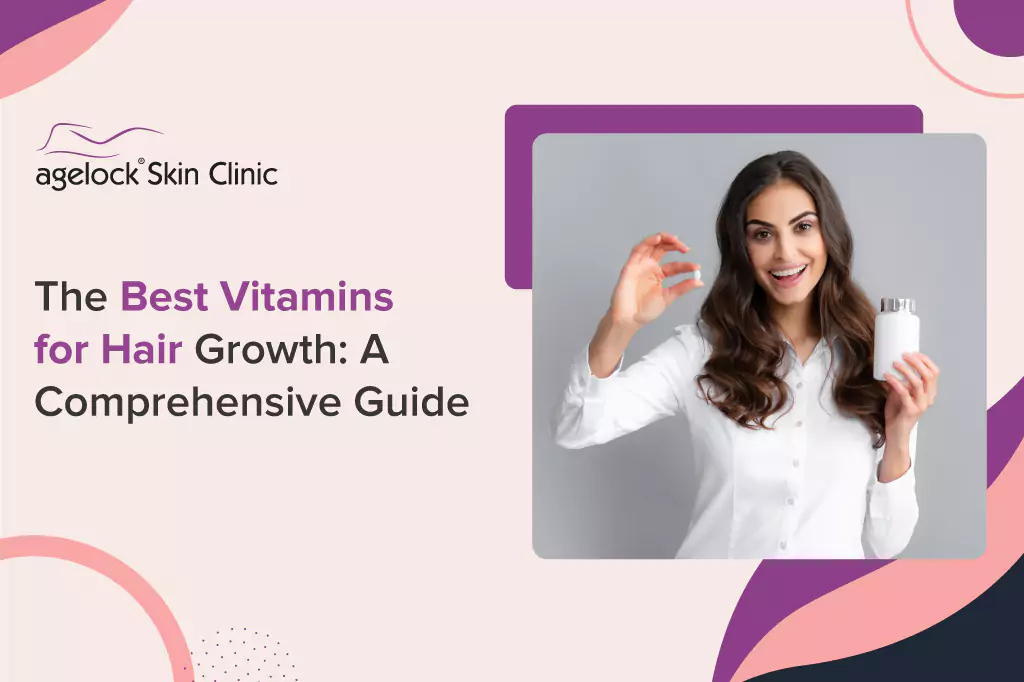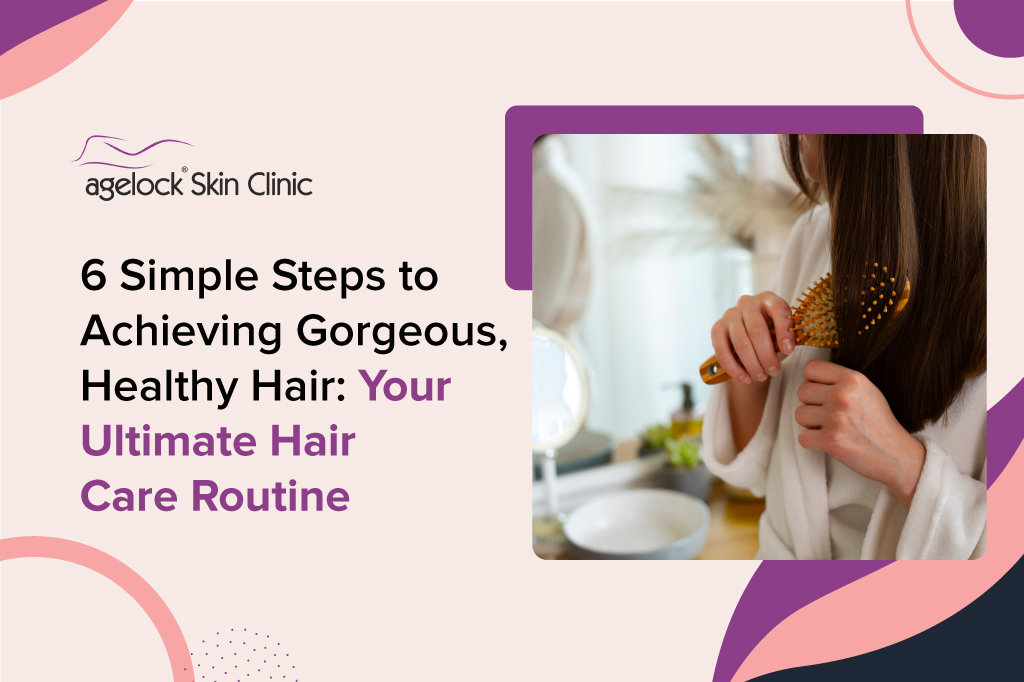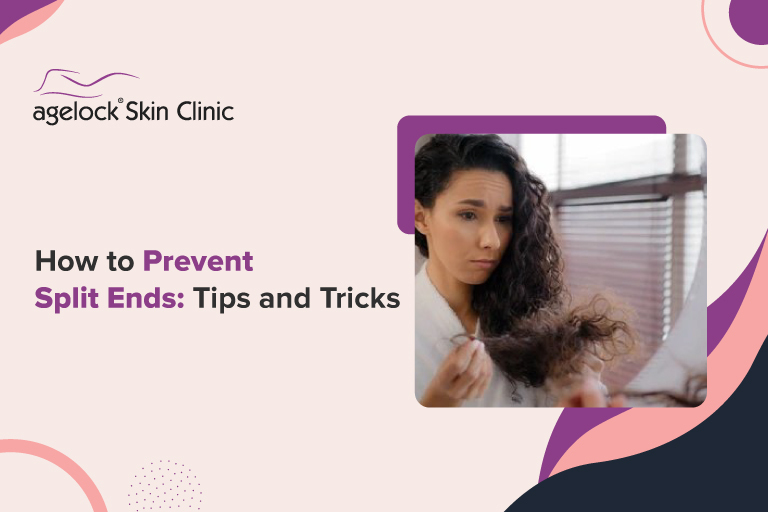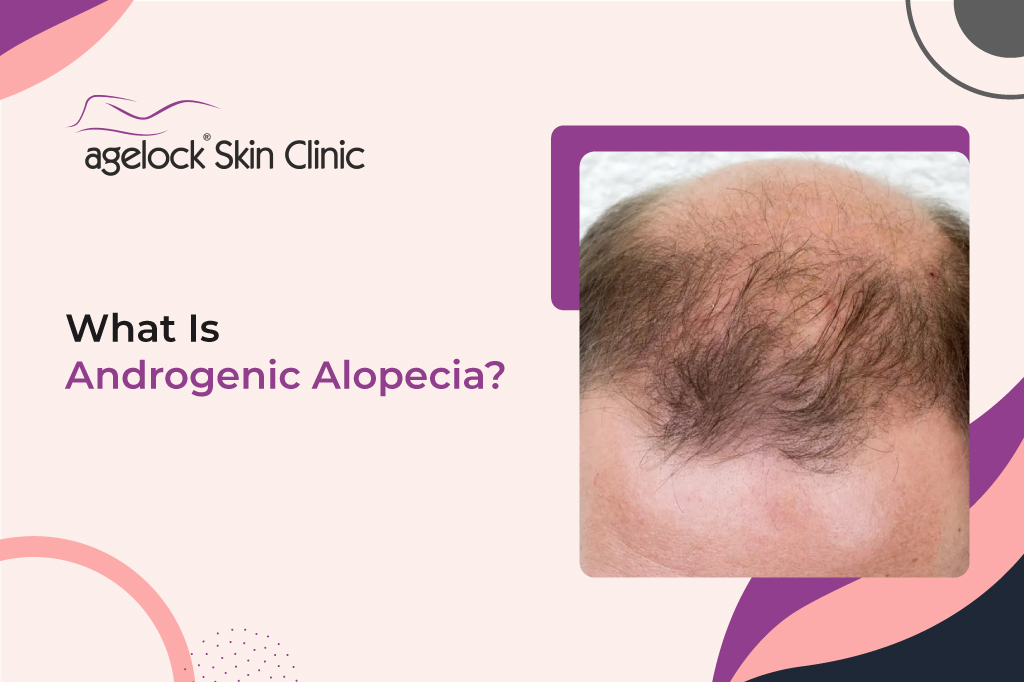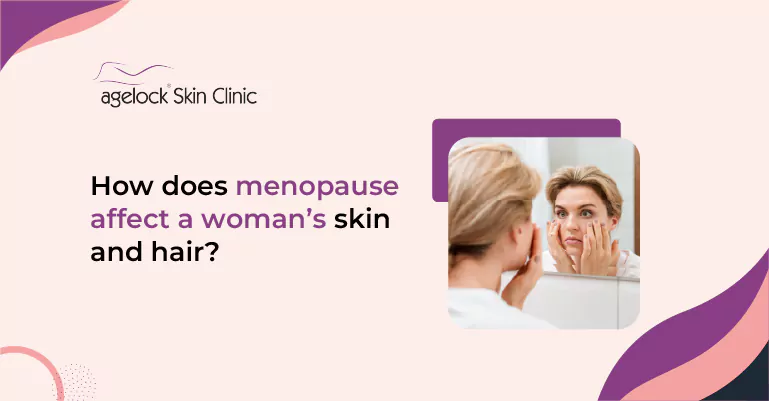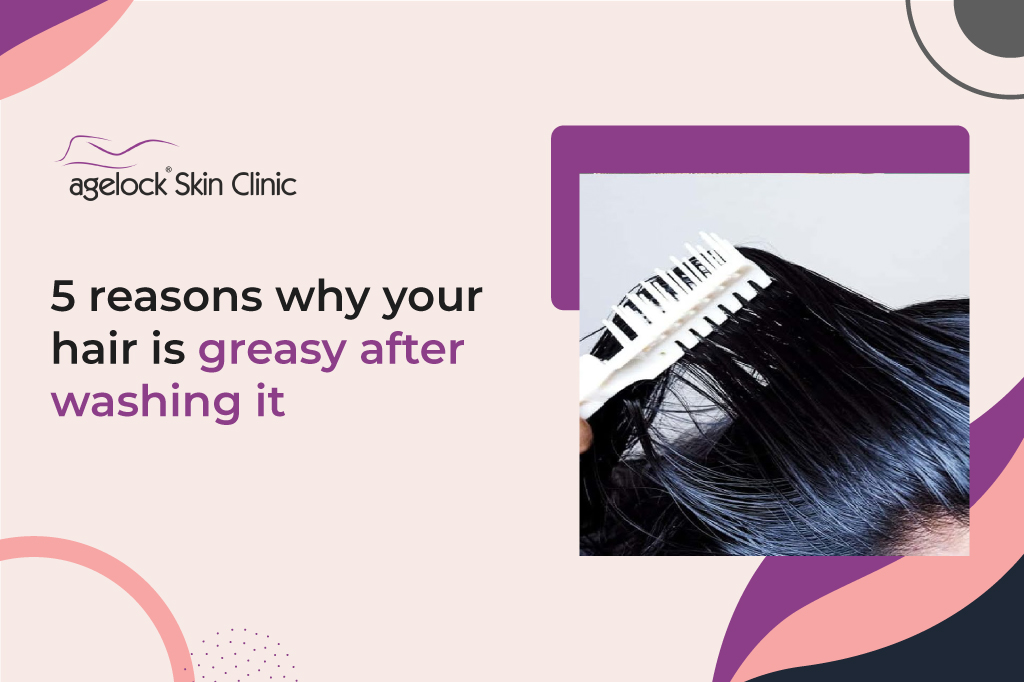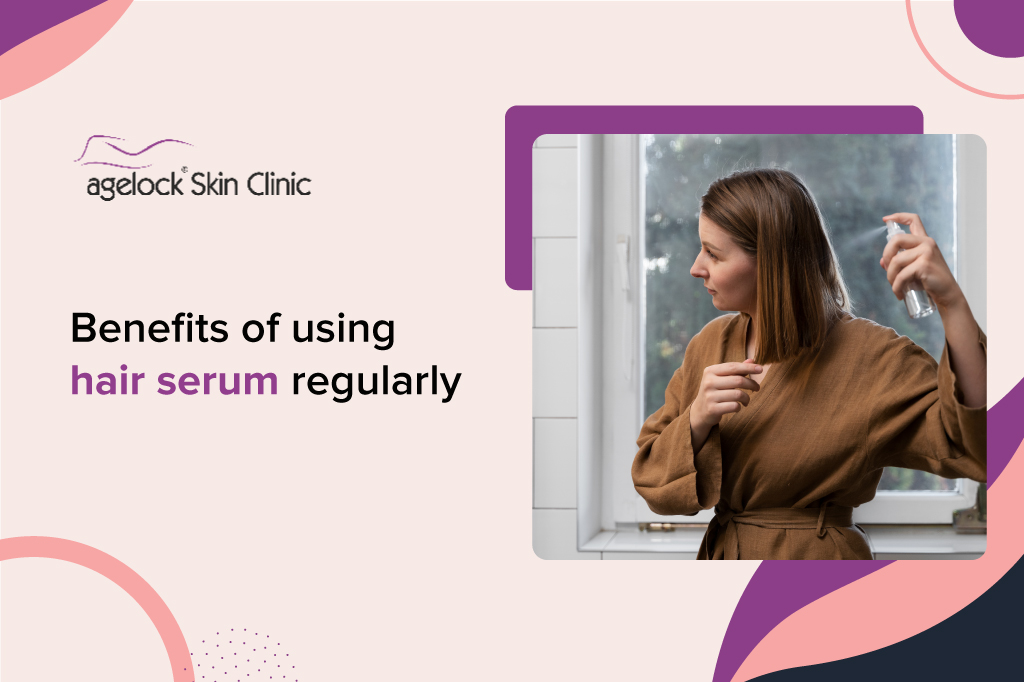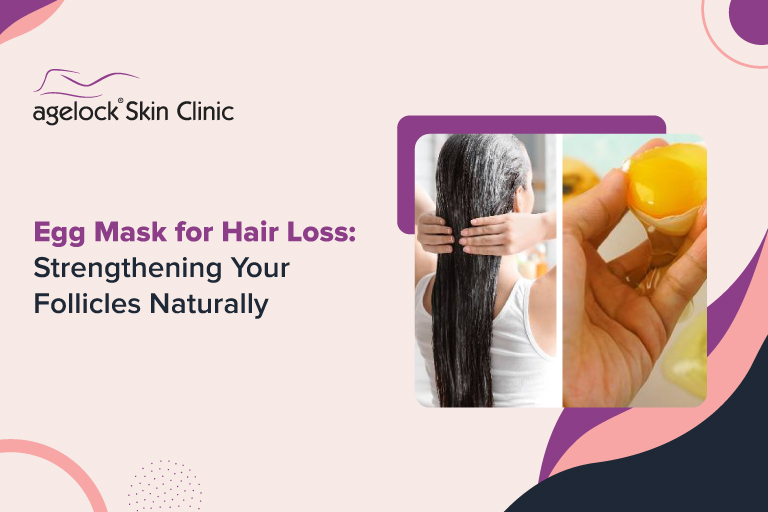In the beauty and wellness industry, personalization has been a growing trend, and nowhere is this more evident than in the world of hair care. From shampoos to conditioners, serums, and styling products, personalized hair care solutions have become the go-to for many consumers who are seeking products that cater to their unique hair needs. This shift toward custom solutions is transforming the way people approach hair care, offering highly targeted treatments that can address everything from hair type and texture to specific concerns like frizz, dryness, or hair loss. But why exactly are personalized hair care products becoming so popular? Let’s explore the factors driving this change, the science behind it, and what consumers can expect from these tailored solutions.
1. Hair Diversity and Individuality
One of the main reasons personalized hair care is on the rise is the increasing awareness of the diversity of hair types. People have realized that what works for one person’s hair may not work for another. Hair varies significantly based on texture (curly, straight, wavy, coiled), thickness (fine, medium, thick), and porosity (low, medium, high), and each of these characteristics requires different care. Additionally, factors like ethnicity, age, and gender also play significant roles in determining what products might work best for an individual.
Custom hair care solutions are particularly effective because they take these unique differences into account. Brands and products that offer personalized solutions allow consumers to tailor their hair care routines to their specific needs, whether it’s nourishing dry curls, enhancing fine hair volume, or addressing scalp health.
2. Technological Advancements
Advances in technology have played a pivotal role in making personalized hair care more accessible and effective. Many hair care brands now use artificial intelligence (AI) or data collection techniques to assess an individual’s hair and scalp condition, thus providing a more accurate customization process. These technologies analyze factors like hair type, scalp health, environmental conditions, and lifestyle habits.
For example, some brands offer online quizzes or apps that ask consumers about their hair goals, challenges, and routine, and then generate product recommendations based on their answers. Others use sensors or AI-powered tools that can directly assess the moisture levels, oil production, or overall health of the hair and scalp, leading to products that are scientifically formulated to suit the user’s exact needs.
3. Targeted Solutions for Hair Concerns
Personalized hair care allows consumers to address specific concerns in a way that traditional one-size-fits-all products cannot. For instance, some people may struggle with dandruff, while others may deal with scalp sensitivity or hair thinning. With personalized hair care, these problems can be tackled with targeted ingredients and formulations designed to treat the root cause rather than mask the symptoms.
In addition, concerns like hair loss, damage from heat styling, or excessive dryness can be better managed with products that specifically cater to those issues. Brands now offer personalized treatments that include active ingredients like biotin, peptides, and keratin to address thinning hair or antioxidants and essential oils to restore moisture and repair damage.
4. More Sustainable and Ethical Practices
In recent years, there has been a growing demand for sustainable and ethically-produced beauty products. Consumers are becoming increasingly aware of the impact their purchases have on the environment, and personalized hair care brands have responded by offering solutions that are not only tailored to the individual but also environmentally conscious. Many personalized hair care brands focus on using eco-friendly packaging, natural ingredients, and cruelty-free practices, which align with consumers values.
Furthermore, because these products are customized to a person’s needs, there is less waste. Traditional hair care products are often over-formulated with ingredients that may not even be necessary for every individual’s hair type, leading to product waste. Personalized solutions, on the other hand, ensure that only the essential ingredients are included, reducing the environmental footprint of each product.
5. Convenience and Time-Saving
One of the major benefits of personalized hair care is the convenience it provides. People often find it time-consuming and overwhelming to search through shelves of generic products, trying to figure out which ones will actually work for their hair. With personalized hair care, this decision-making process is made much easier. Consumers can take a quiz, consult with a specialist, or use an app to determine the best products for their hair, and the customized formulas are delivered directly to their door.
Furthermore, these solutions often come in convenient subscription models, meaning that users don’t need to worry about running out of their products or making regular trips to the store. Personalized hair care can be a real-time-saver for busy individuals who want a no-fuss solution that works.
6. Long-Term Results and Hair Health
Personalized hair care systems also emphasize long-term hair health, with many products designed to not just improve the appearance of hair temporarily but to enhance its overall quality over time. This means fewer short-term fixes and more sustainable, lasting results. For example, a customized serum might be tailored to strengthen the hair shaft and promote growth. At the same time, a specialized shampoo might gradually balance oil production on the scalp and prevent dandruff.
Consumers increasingly prefer a holistic approach to hair care that emphasizes prevention, maintenance, and long-term results. Personalized hair care encourages users to establish a routine that addresses their needs over time, leading to healthier, more resilient hair.
7. Social Media and Consumer Education
The rise of social media and influencer marketing has also contributed to the popularity of personalized hair care. Platforms like Instagram, YouTube, and TikTok are filled with beauty influencers who share their personal experiences with customized products, providing real-life testimonials of how these products have worked for them. As people become more informed about the products they use and the ingredients they apply to their hair, personalized solutions have become increasingly attractive.
Educational content about different hair types, common hair concerns, and how various ingredients work to address those concerns has also fueled the trend. This has empowered consumers to make more informed decisions about their hair care routines, driving them towards products that are better suited for their individual needs.
8. The Future of Personalized Hair Care
As the personalized hair care industry continues to grow, we can expect further innovation in terms of how products are customized and delivered to consumers. Advances in biotechnology, including DNA analysis, could potentially enable even more precise personalization of hair care products in the future. Imagine a future where your unique genetic makeup is taken into account to create the perfect shampoo or conditioner for your hair type and needs.
Additionally, the future of personalized hair care may also include more interactive and dynamic products. For example, smart devices that monitor hair health in real-time and adjust formulations accordingly may become more commonplace. This level of customization and real-time adaptation would take personalized hair care to an entirely new level.
Conclusion
Personalized hair care is no longer a niche trend but rather a revolutionary shift in the beauty industry. By addressing individual hair needs and concerns, using technology to create targeted solutions, and emphasizing long-term results, personalized products offer a tailored approach that traditional hair care products simply cannot. The future of customized hair care holds even more promise, with innovations on the horizon that will continue to improve hair health and sustainability, ensuring that consumers can achieve their best hair ever—on their terms.


